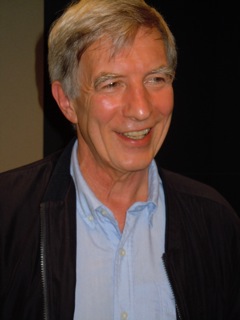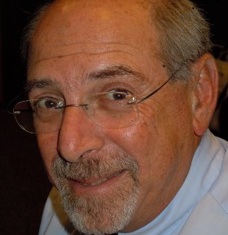Income Inequality
Program 171 • 29 mins
CDs available via special order. HumanMedia ®
Listen to excerpt:
Program 171 • 29 mins
CDs available via special order. HumanMedia ®
Listen to excerpt:
Inequality of income has dramatically increased in the United States over recent decades. A major study by the non-partisan Congressional Budget Office attributed the trend to tax policies, soaring executive compensation, sky-high salaries for sports stars and entertainers, and the growing role of the financial services industry. The concentration of wealth has grown so extreme that now the most affluent one percent of Americans possess more assets than the bottom ninety-percent combined. For some, this poses a question of social justice. But in this segment, we consider other effects of income inequality as well: its impact of health on both the wealthier and poorer populations, and how inequality can weaken the bonds that hold our society together. But is the solution as simple as economic growth, in an era where increased consumption of resources also has an impact on our climate? Two experts on this trend, Richard Wilkinson and Barry Bluestone, offer their perspectives.
 One of the most important effects of inequality is its effect on social cohesion. And that intuition I think people have had for centuries that inequality is divisive and socially corrosive is profoundly true. If you look at how much people trust each other in different societies, involvement in community life, all that is weaker in more unequal societies. People have less to do with each other.”
One of the most important effects of inequality is its effect on social cohesion. And that intuition I think people have had for centuries that inequality is divisive and socially corrosive is profoundly true. If you look at how much people trust each other in different societies, involvement in community life, all that is weaker in more unequal societies. People have less to do with each other.”
—Richard Wilkinson, co-author, The Spirit Level Professor Emeritus, University of Nottingham Medical School, U.K.
 If you think about a society in which you have relative equality, if somehow you fall out of the top, you don’t fall that far into the bottom. But if you have this big gulf between the very rich, on the one side, and everybody else on the other, if you fall out of the top, you fall quite a distance. And what does that mean? People will do a lot of very extraordinary things to stay in the top. Some of that is, you know, like Madoff, and what he did to try and stay in the very top. Some of it is cutting corners wherever you can. For many people it is just working as hard as you can to stay in the top, which has its wear and tear on you.”
If you think about a society in which you have relative equality, if somehow you fall out of the top, you don’t fall that far into the bottom. But if you have this big gulf between the very rich, on the one side, and everybody else on the other, if you fall out of the top, you fall quite a distance. And what does that mean? People will do a lot of very extraordinary things to stay in the top. Some of that is, you know, like Madoff, and what he did to try and stay in the very top. Some of it is cutting corners wherever you can. For many people it is just working as hard as you can to stay in the top, which has its wear and tear on you.”
—Barry Bluestone, Dean of School of Public Policy and Urban Affairs, Northeastern University